While it remains unclear why some people become more gravely ill than others when infected with the SARS-CoV-2 virus that causes COVID-19, researchers have found that an immune deficiency may be part of it. Two recent studies have shown that individuals who lack an important immune factor may have reduced ability to fight the virus.
The two studies were recently published online in the journal Science, both of which were led by Jean-Laurent Casanova, an infectious disease geneticist at Rockefeller University.
The research shows that the activity of the immune messenger type 1 interferon (IFN) protein is diminished, either by genetic mutations or an autoimmune attack by neutralizing antibodies against it, in a subset of COVID-19 patients.
The studies found that together, 14 percent of severe COVID-19 cases can be attributed to the immune weakness.
The findings reveal a critical role for IFNs in fighting COVID-19 infection, positioning them to be a potential therapeutic target in the disease.
Related: Low T Cell Counts Observed in COVID-19 Patients
Type I interferons are critical molecular immune regulators that are at the forefront of antiviral responses early in an infection. Upon encountering a virally-infected cell, interferons trigger an immediate local response, causing infected cells to produce proteins that fight the virus. They also recruit immune cells to the infection site and alert uninfected cells nearby of a potential viral attack.
There are several different types of interferons in mammals, which include: IFN-α, IFN-β, IFN-κ, IFN-δ, IFN-ε, IFN-τ, IFN-ω and IFN-ζ. IFN-α and IFN-β. These interferons are produced and secreted by many cell types, including lymphocytes, macrophages, fibroblasts, endothelial cells and osteoblasts, in addition to others. They stimulate macrophages and natural killer (NK) cells to elicit an antiviral response involving IRF3/IRF7 antiviral pathways; they also have activity against tumors. Plasmacytoid dendritic cells are the most potent producers of type I IFNs in response to antigen, and are hence termed natural IFN-producing cells.
Mutational Errors in COVID-19 Patients
In the first study, Casanova’s team found that a B cell auto-immune phenocopy of inborn errors of type I IFN immunity underlies life-threatening COVID-19 pneumonia in at least 2.6 percent of women and 12.5 percent of men.
In collaboration with clinicians around the world, Casanova’s team studied the genomes of COVID-19 patients, focusing on a set of 13 genes involved in interferon immunity against influenza. They were particularly interested in looking at young people with severe disease to evaluate whether they had some kind of underlying deficiency in their immune systems that made them more vulnerable to severe infection.
Casanova’s team had previously discovered genetic mutations that impede interferon production and function, with individuals harboring the mutations being more vulnerable to various pathogens, including those that cause influenza. The researchers thought there may be similar mutations among COVID-19 patients, and that they could identify individuals at risk of developing severe disease as well as provide leads for new therapies, explained Casanova.
The research team first began enrolling COVID-19 patients in their study in February and currently have over 3,000 participants worldwide.
The team sequenced DNA from 659 critically ill COVID-19 patients and 534 controls with mild or asymptomatic disease. The analysis revealed that 23 (3.5 percent) of the critically ill patients harbored rare mutations in eight of the genes involved in interferon production. Participants in the control group did not carry any of these mutations. In patients with the mutations, interferon levels in the blood were significantly diminished.
“This is the first paper to pin down indisputably disease-causing mutations underlying severe COVID-19,” said Qiang Pan- Hammarström, an immunologist at the Karolinska Institute in a news release from Science Magazine.
Autoimmune Attack and COVID-19 Symptom Severity
In the second study, having discovered the emerging role of IFN in COVID-19 immunity, the researchers wondered whether there could be reasons other than genetic defects that underlie the observed IFN deficiency. They hypothesized that perhaps some patients’ bodies were attacking the molecules themselves. They speculated that as in autoimmune disorders such as type 1 diabetes and rheumatoid arthritis, some patients could be producing antibodies that target the body. “That was the eureka moment for us,” said Casanova.
Sure enough, this is exactly what the team’s analysis uncovered. Analysis of 987 patients with life-threatening COVID-19 revealed that 101 of the patients had neutralizing autoantibodies (antibodies against a body’s own tissue components) against various interferon proteins. “We said, ‘bingo!’” Casanova remembers. These rogue antibodies blocked interferon action and were not present in patients with mild COVID-19 cases.
According to the study, patients had auto-antibodies against IFN-ω (13 patients), the 13 types of IFN-α (36), or both (52), at the onset of critical disease; a few also had antibodies against the other three type I IFNs.
“What this means is that at least ten percent of critical COVID-19 is an autoimmune attack against the immune system itself,” said Casanova of the findings.
Study co-author Isabelle Meyts, a pediatric immunologist at the University Hospitals KU Leuven, in Belgium was struck by the finding of the rogue antibodies underlying severe COVID-19 infections. “There has never been any infectious disease explained at this level by a factor in the human body. And it’s not an isolated cohort of Europeans. Patients are from all over the world, all ethnicities,” she said.
These antibodies attack and neutralize the type 1 IFNS, blocking their anti-viral activity. The study showed that in vitro, the autoantibodies were able to neutralize the ability of the specific type I IFNs to block SARS-CoV-2 infection. Cells exposed to plasma from patients with the antibodies could not ward off attack by the novel coronavirus.
The autoantibodies were not detected in the 663 individuals with asymptomatic or mild infection. Moreover, the antibodies were found infrequently in the general population, present in only 4 (0.33 percent) of the more than 1,200 healthy individuals tested.
“It’s an unprecedented finding,” said Metys. By testing for the presence of these antibodies, she said, “you can almost predict who will become severely ill.”
Half of the severely ill patients with autoantibodies were above the age of 65, which could help explain the greater susceptibility of older individuals to severe COVID-19 infection.
Interestingly, the researchers also found that 94 percent of the antibody-positive patients were men, suggesting that men are at higher risk of developing severe forms of COVID-19.
The high proportion of male patients was surprising as women have higher rates of autoimmune disease. Casanova’s lab is now searching for the genetic driver behind the autoantibodies. “Our favorite hypothesis is that it is an X-linked recessive trait,” said Casanova. “Women with two X chromosomes are protected and men, with one, are not.”
To lend some support to this theory, a woman in the study that was severely ill with COVID-19 and who had a rare condition that silences one X chromosome, had the autoantibodies.
The pair of studies have significant implications. For example, synthetic interferons, which have been used for a while to treat other diseases, might help some high-risk patients; other treatments involving removal of the antibodies could also be a therapeutic strategy.
On the other hand, the findings also raise concern for “convalescent plasma” treatments which involve administration of plasma from recovered patients. If the patients’ plasma is rich in the anti-interferon antibodies, they could hinder the ability of the anti-SARS-CoV-2 antibodies in the plasma to effectively fight the infection. “You should eliminate these patients from the pool of donors,” said Elina Zuniga, an immunologist who studies interferons at the University of California, San Diego. “You definitely don’t want to be transferring these autoantibodies into another person.”
To identify individuals with the anti-interferon autoantibodies, a rapid antibody test could be used. People with the autoantibodies could be advised to take extra precautionary measures against exposure to COVID-19, or be prioritized for vaccination, said Zuniga.
The findings are an exciting and important revelation in understanding the body’s response to COVID-19 and why some people get sicker than others. The identified immune weakness can lead to better patient stratification and treatment strategies.

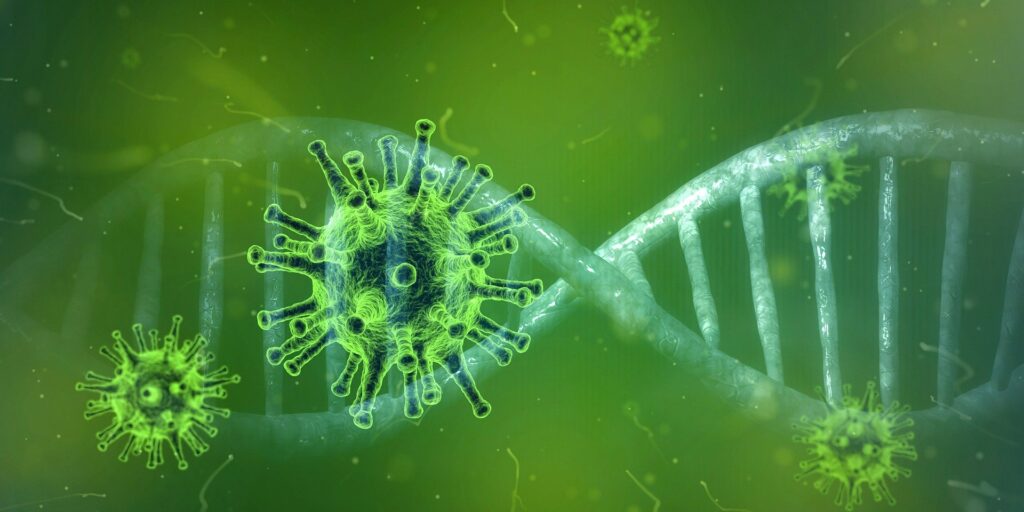
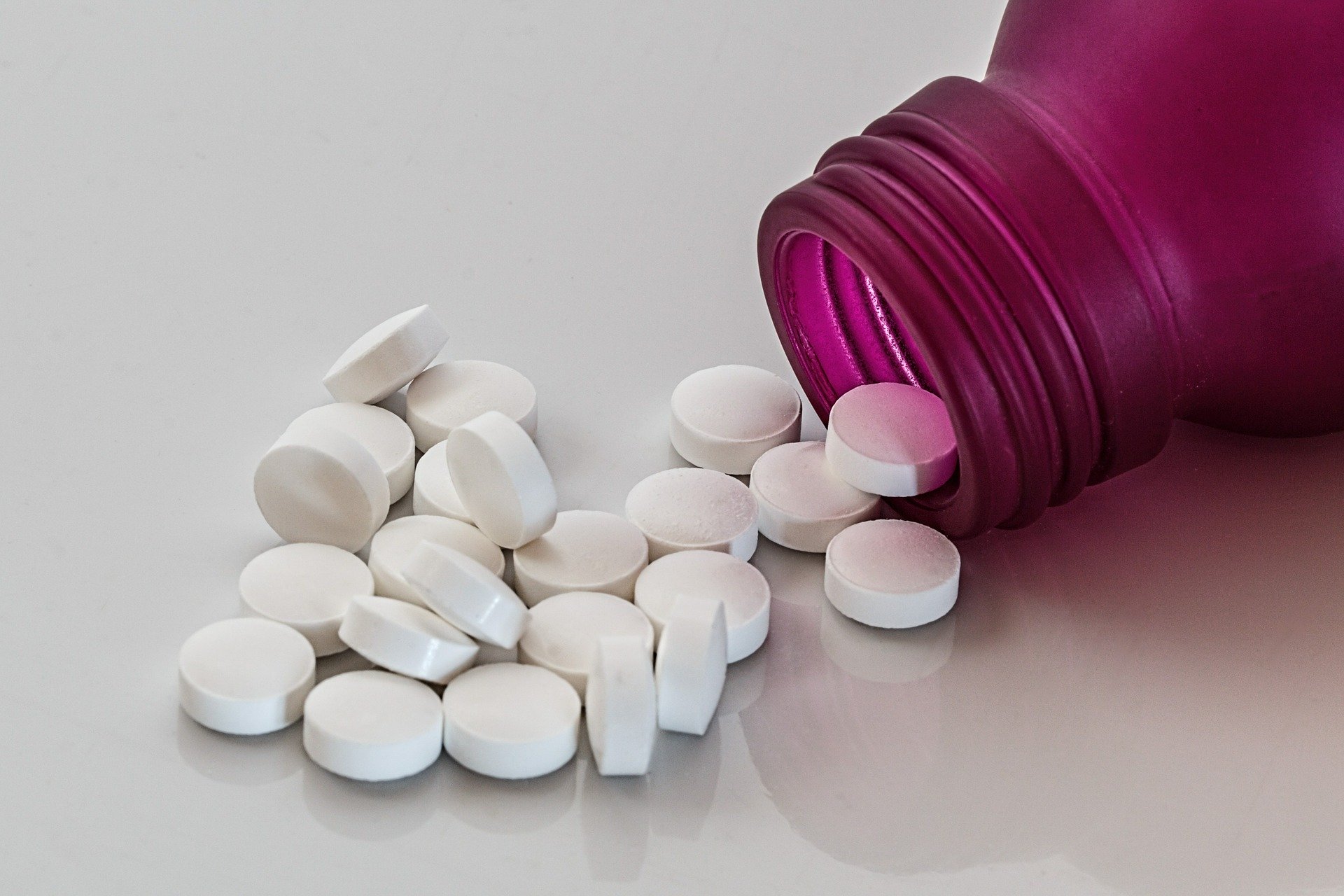
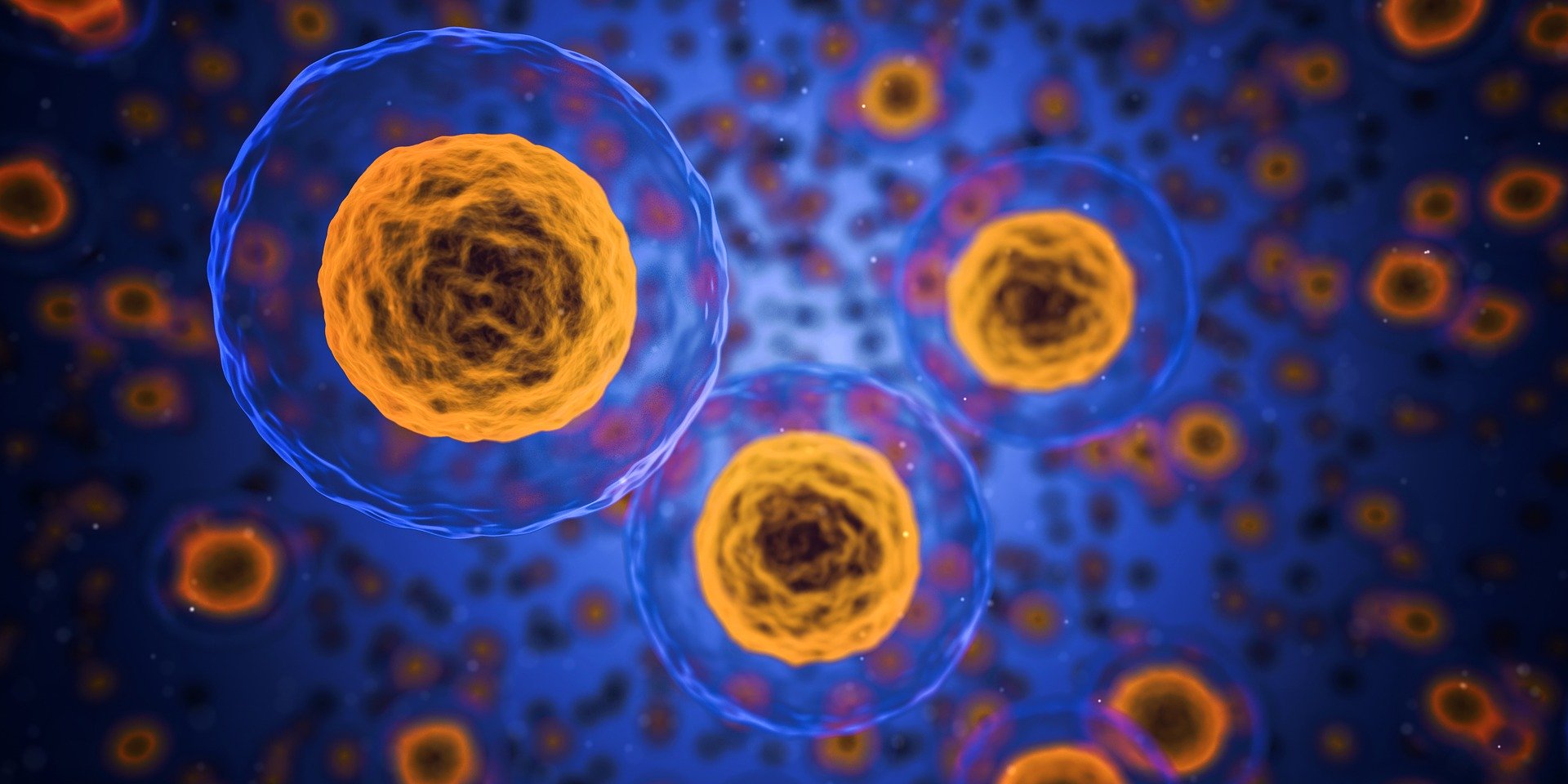
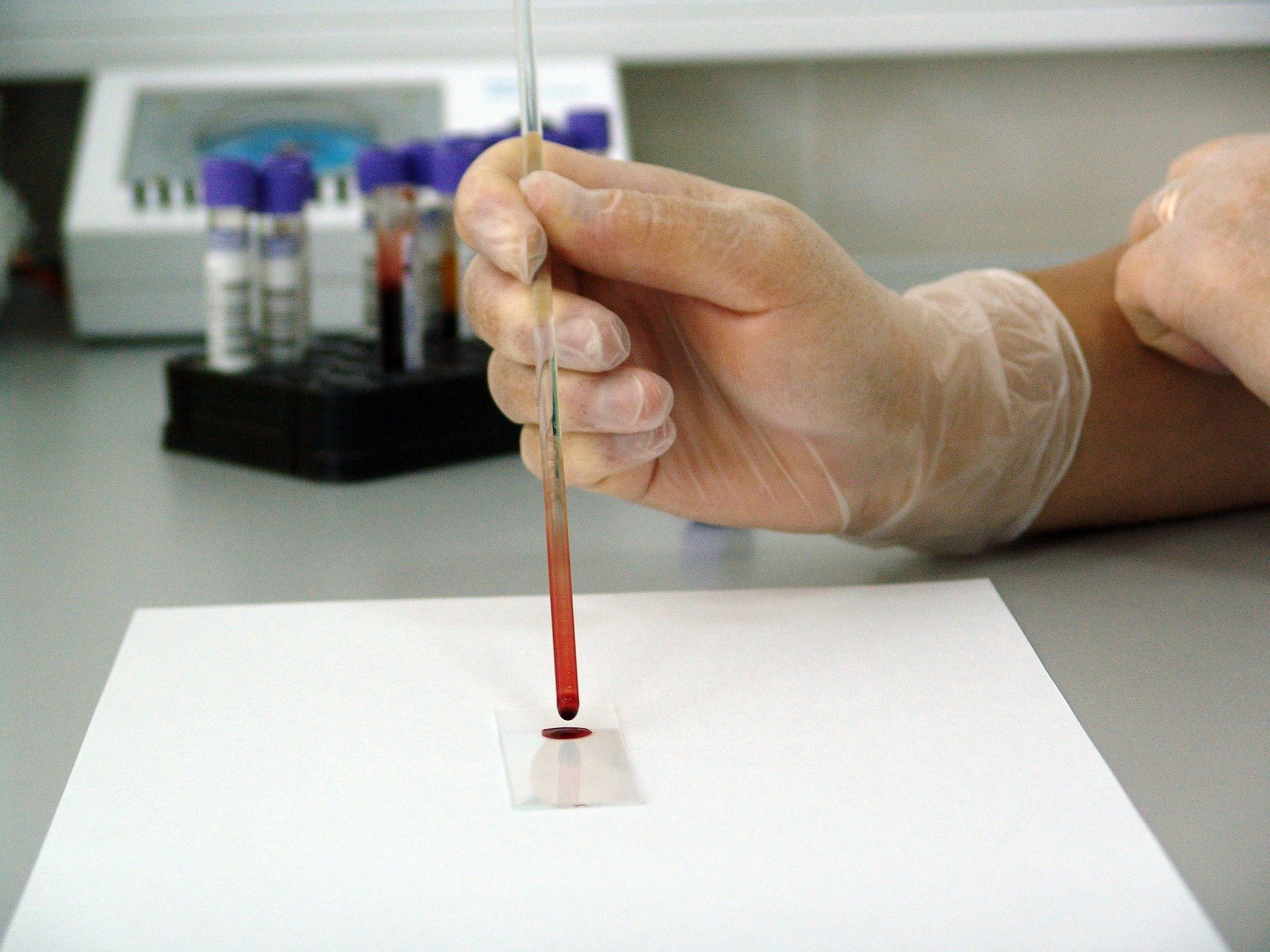

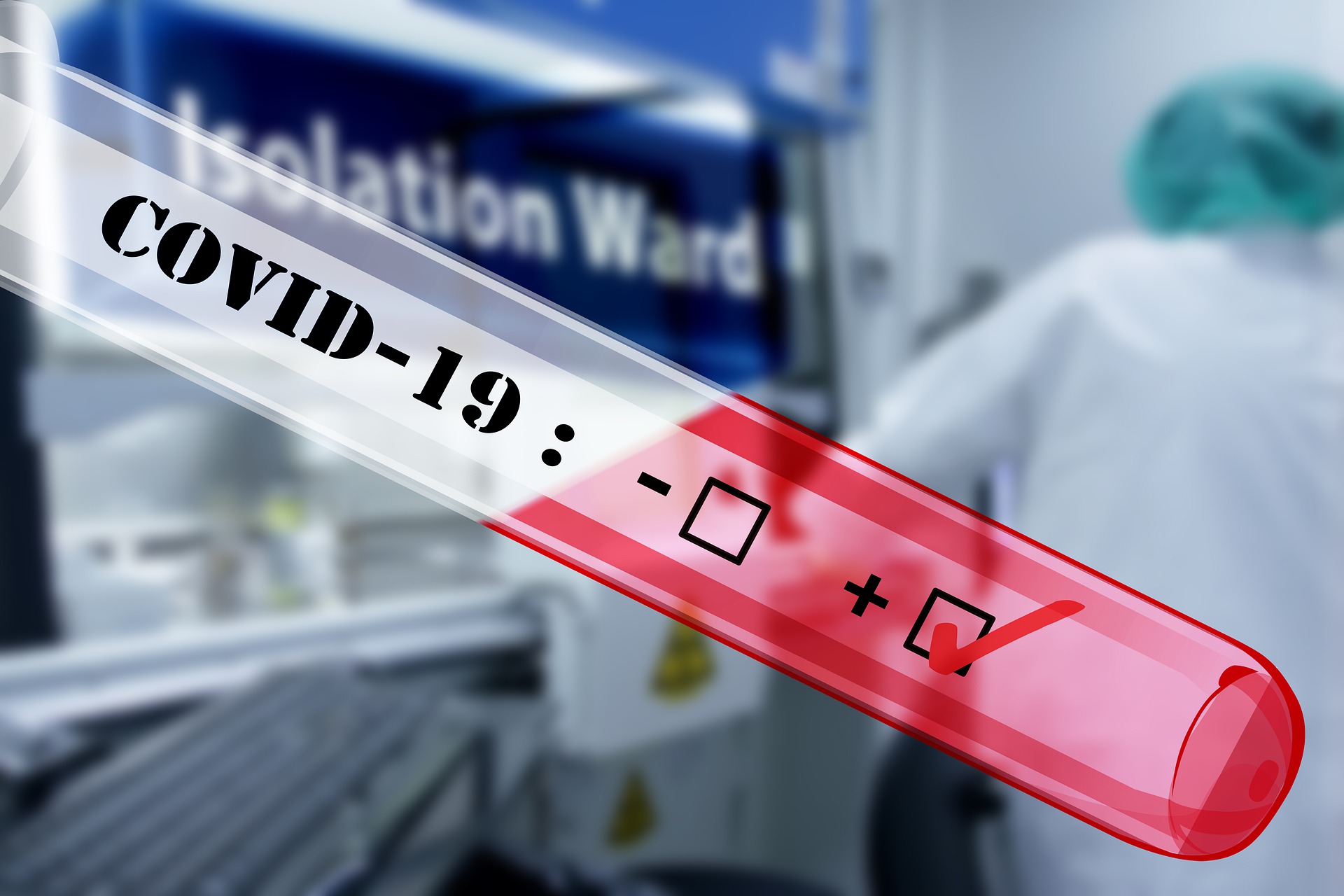




Join or login to leave a comment
JOIN LOGIN